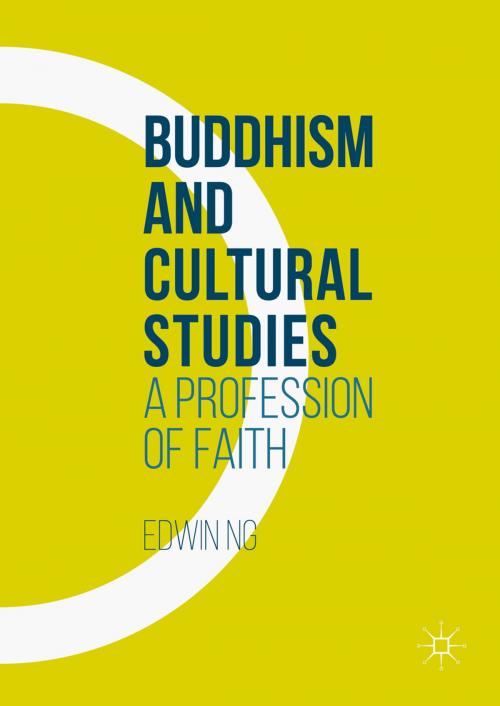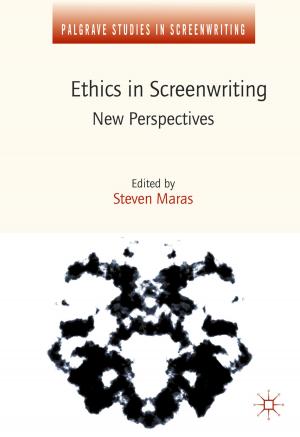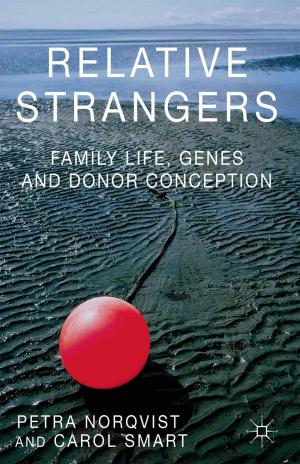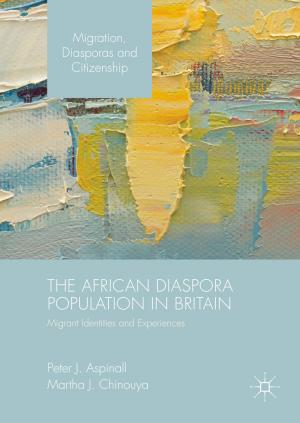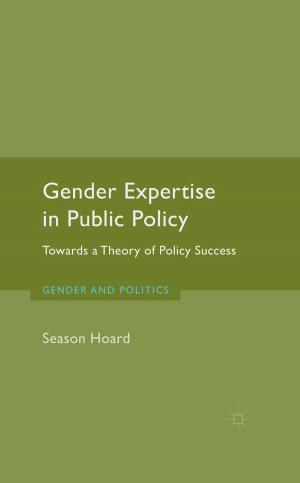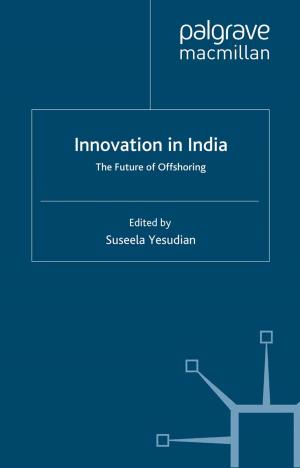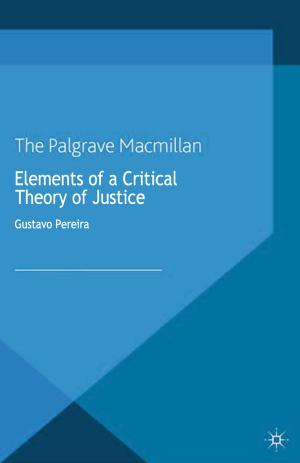Buddhism and Cultural Studies
A Profession of Faith
Nonfiction, Religion & Spirituality, Eastern Religions, Buddhism, Inspiration & Meditation, Spirituality, Social & Cultural Studies, Social Science| Author: | Edwin Ng | ISBN: | 9781137549907 |
| Publisher: | Palgrave Macmillan UK | Publication: | June 30, 2016 |
| Imprint: | Palgrave Macmillan | Language: | English |
| Author: | Edwin Ng |
| ISBN: | 9781137549907 |
| Publisher: | Palgrave Macmillan UK |
| Publication: | June 30, 2016 |
| Imprint: | Palgrave Macmillan |
| Language: | English |
This book explores the reciprocity between Buddhist, Derridean, and Foucauldian understandings about ethics, subjectivity, and ontological contingency, to investigate the ethical and political potential of insight meditation practice. The book is narrated from the perspective of a postcolonial ‘Western Buddhist’ convert who, despite growing up in Singapore where Buddhism was a part of his disaporic ‘Chinese’ ancestral heritage, only embraced Buddhism when he migrated to Australia and discovered Western translations of Buddhist teachings. Through an autoethnography of the author’s Buddhist-inspired pursuit of an academic profession, the book develops and professes a non-doctrinal understanding of faith that may be pertinent to ‘believers’ and ‘non-believers’ alike, inviting the academic reader in particular to consider the (unacknowledged) role of faith in supporting scholarly practice. Striking a careful balance between critical analysis and self-reflexive inquiry, the book performs in all senses of the word, a profession of faith.
This book explores the reciprocity between Buddhist, Derridean, and Foucauldian understandings about ethics, subjectivity, and ontological contingency, to investigate the ethical and political potential of insight meditation practice. The book is narrated from the perspective of a postcolonial ‘Western Buddhist’ convert who, despite growing up in Singapore where Buddhism was a part of his disaporic ‘Chinese’ ancestral heritage, only embraced Buddhism when he migrated to Australia and discovered Western translations of Buddhist teachings. Through an autoethnography of the author’s Buddhist-inspired pursuit of an academic profession, the book develops and professes a non-doctrinal understanding of faith that may be pertinent to ‘believers’ and ‘non-believers’ alike, inviting the academic reader in particular to consider the (unacknowledged) role of faith in supporting scholarly practice. Striking a careful balance between critical analysis and self-reflexive inquiry, the book performs in all senses of the word, a profession of faith.
